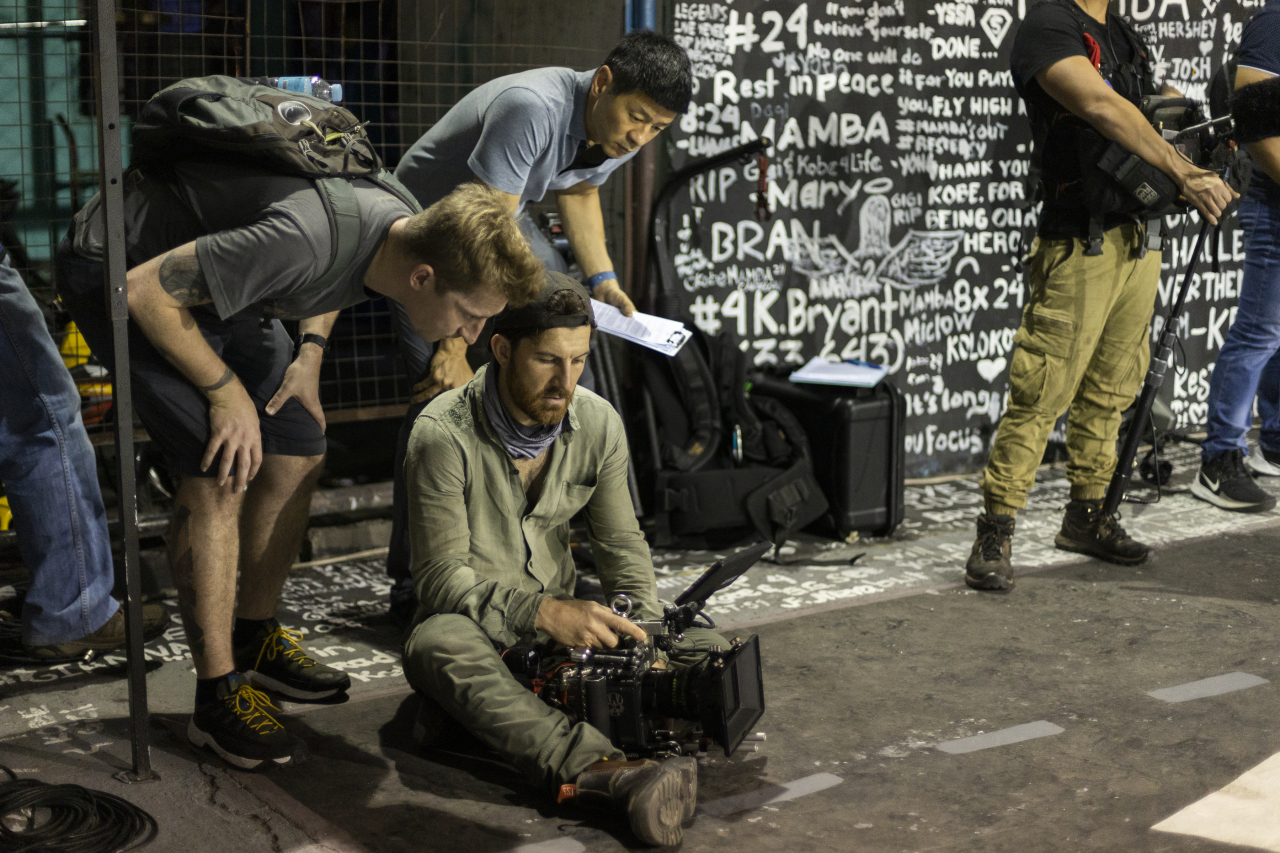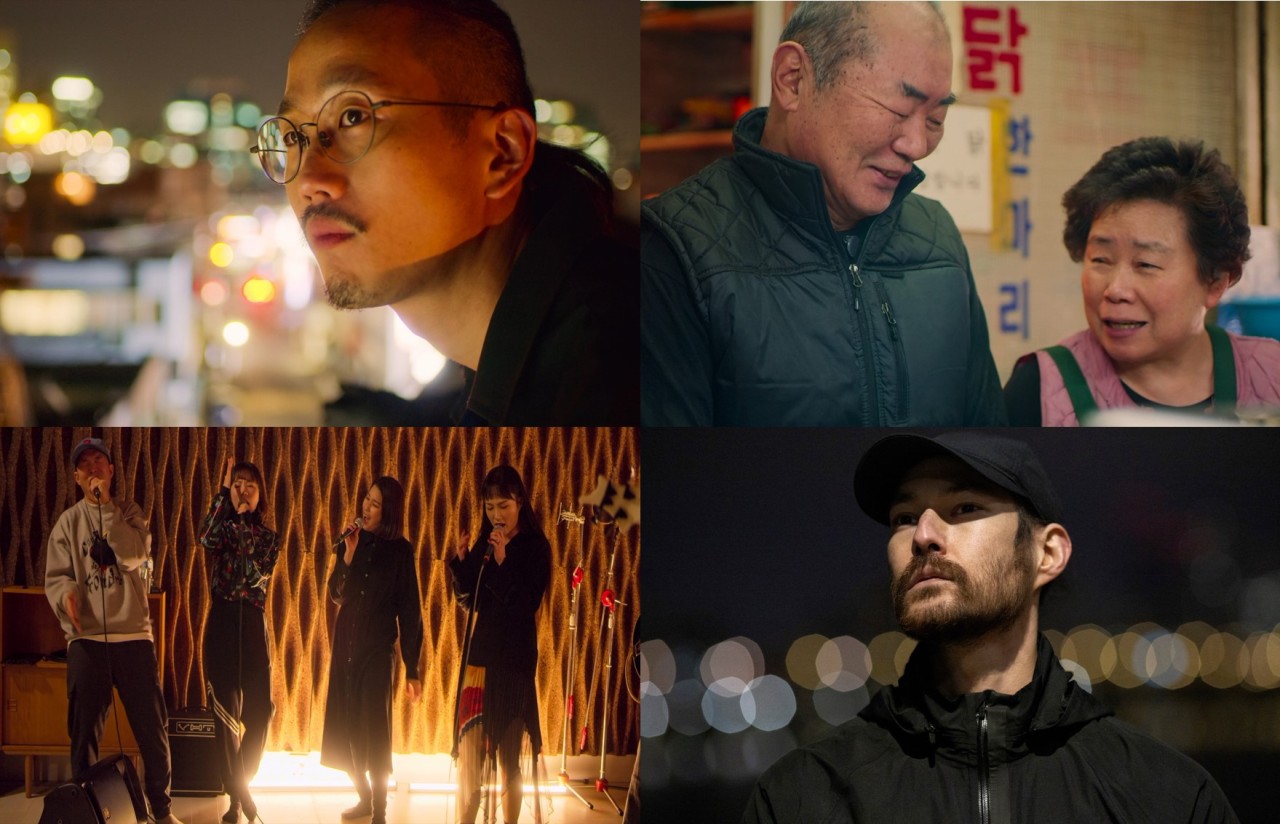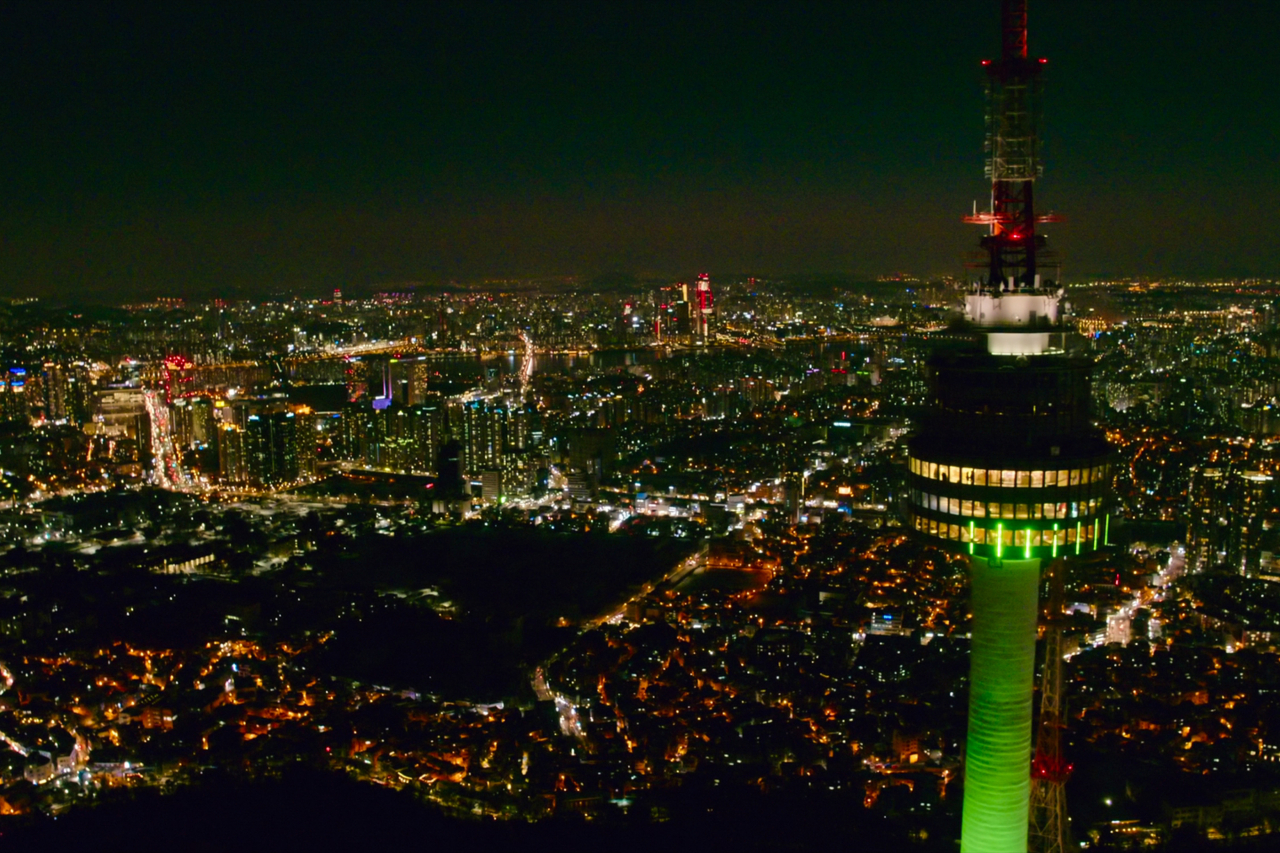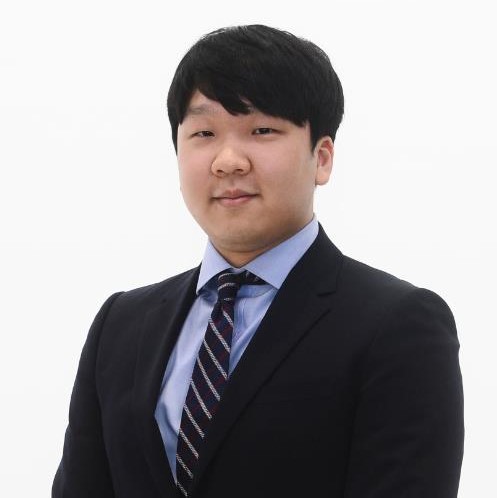[Herald Interview] Netflix’s ‘Midnight Asia’ director brings Asian nightlife to light with personal stories
By Lee Si-jinPublished : Feb. 6, 2022 - 15:22

For Joe Evans, 34, the creator and director of Netflix’s travel documentary series “Midnight Asia: Eat. Dance. Dream.,” anyone with an inspiring story was welcome in his six-part series presenting the vibrant nightlife of Asia’s metropolises.
“We were able to tell stories across the series from various social strata, ages from 18 to late 80s. It was a very inclusive cast and we were open to anyone as long as they had a great story,” Evans said in a Zoom interview with The Korea Herald Friday.
“With the great tales and stories, we were able to present the culture, food and identity with a new lens and deliver the multidimensional and visually exciting energy in Asia,” Evans added.
Intending to discover what the idea of home means to people and how their surroundings influence their passion and sense of place, the Welsh director and his production team explored the intimate stories of night owls, who live a different life from those on a nine-to-five schedule.
Deciding on the six Asian cities -- Tokyo, Seoul, Mumbai, Bangkok, Taipei and Manila -- for the series was a time-consuming process, according to the director.

“It was similar to how a band, who has a lot of songs to put into an album, choosing which music will work out well in the upcoming album. I wanted the six choices to be a spread of iconic cities and some less obvious choices,” Evans said.
He hoped for the spread of cities on a geographical level as well, not concentrating on one specific region such as Northeast Asia.
The director and production team’s research aside, specific sites and cast were also found by local producers. The intent was to introduce fresh characters who were not overly exposed in the local scene, who would surprise even the domestic viewers.
“The basic premise was to find someone with an inspiring story, contributing to their cities‘ nighttime cultures. We needed people, whose stories can also reveal the elements of local culture,” Evans said.
Though the Seoul episode was shot amid the COVID-19 pandemic, the director was certain that the message and theme of the series remained strong.
“I think the scale of certain stories may have been affected. There are no massive night clubs or parties, but the message that we wanted to deliver to the viewers were the characters, who contributed to the cities’ nightlife. Because we wanted something that was timeless, we neither addressed nor focused on the COVID-19 situation,” the director said.

Though all six episodes were special, Evans felt that Seoul embodies the tagline -- “Eat. Dance. Dream.” -- of the series.
“We explored amazing music from the band Leenalchi and discovered amazing makgeolli, a centuries-old traditional Korean rice wine, from Hangang Brewery. The chat with the owners of a fried chicken restaurant Ungteori Tongdak, and sharing experiences with the late-night runners from Private Road Running Club were amazing,” Evans told The Korea Herald.
The director believed that the idea of inclusivity, bringing different passions into one single community, making everyone feel invited, was something that Evans and his team discovered in Seoul.
“As a modern metropolis, people (in Seoul) might be sort of cold and standoffish. But I felt the inviting atmosphere and warmth, because of the local culture,” the director said, quoting Seoul episode cast member James Lee McQuown.

With major aspect of the Korean wave focused more on the modern aspect. Evans believed that his series presents a new slice of Korea, which presents the dance of tradition and modernity with “newtro,“ a trending keyword in Korea that is a combination of “new” and “retro.”
“I personally found newtro interesting, because it was not doing the old within a modern setting, but rather fusing tradition with modern instruments and ingredients. It definitely provided a way to bring out the local culture through an interesting topic,” Evans said.
Toward the end of the interview, the director was excited to think about a fresh way to tell stories and share different sides of Asia and more.
“We already received some nice messages from people enjoying the series. We could do more ‘Midnight’ episodes, presenting other unique cities in Asia. But we can explore different continents like Africa and Europe as well. Every city has a nighttime culture,” Evans said.
“We could even expand the series to introduce the morning life of Asia. More iconic cities, or lesser known ones.”
The six-part travel documentary “Midnight Asia: Eat. Dance. Dream.” was released on Netflix on Jan. 20.
By Lee Si-jin (sj_lee@heraldcorp.com)











![[Today’s K-pop] BTS pop-up event to come to Seoul](http://res.heraldm.com/phpwas/restmb_idxmake.php?idx=644&simg=/content/image/2024/04/17/20240417050734_0.jpg&u=)





![[KH Explains] Hyundai's full hybrid edge to pay off amid slow transition to pure EVs](http://res.heraldm.com/phpwas/restmb_idxmake.php?idx=652&simg=/content/image/2024/04/18/20240418050645_0.jpg&u=20240419100350)

![[Today’s K-pop] Zico drops snippet of collaboration with Jennie](http://res.heraldm.com/phpwas/restmb_idxmake.php?idx=642&simg=/content/image/2024/04/18/20240418050702_0.jpg&u=)